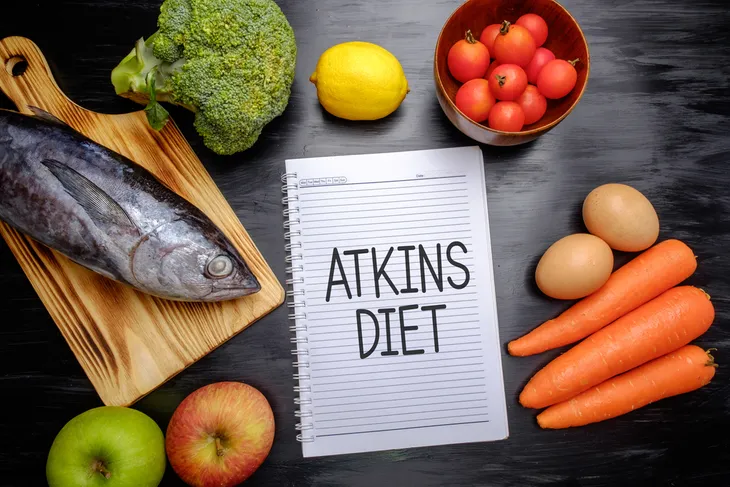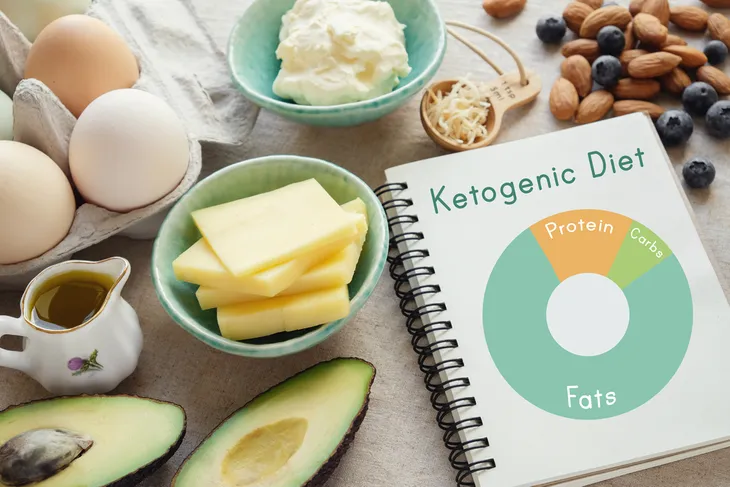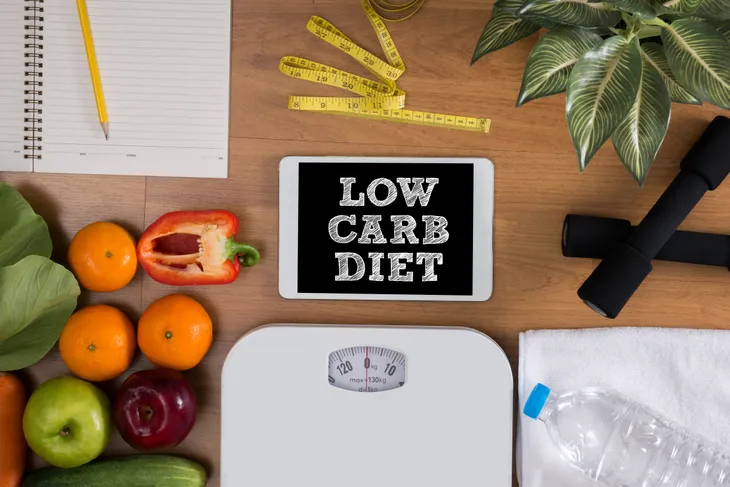Low-carb diets have captured attention for their promises of weight loss and improved health, but not all plans are created equal. Atkins and keto diets both cut back on carbohydrates, yet their approach and goals are distinctly different. Understanding the key contrasts can help anyone choose a path that better matches their lifestyle and wellness goals.
The Atkins Diet
Let’s start with the Atkins diet. A Cardiologist, Dr. Robert C. Atkins founded this diet in the 1960s as a low-carbohydrate (carb) approach to losing weight. The premise is that individuals looking to lose weight restrict carbs and consume healthy proteins and fats.
This diet plan has several phases for individuals to follow, guiding you from the initial strict eating regime, all the way through to the lifetime maintenance phase once you achieve your goal weight. Let’s have a look at the four phases.
Phase 1 and 2
Phase 1 is very strict and individuals will remove almost all carbohydrates from their diet. You will consume only 20-grams of net carbs each day for a minimum of 2-weeks. According to Atkins’s website, you’ll remain in this phase until you’re 15-pounds away from your goal weight.
Phase 2 is focused more on balancing your daily intake and allows you to consume between 20 to 50-grams of carbs per day until you are 10-pounds away from your goal weight.
Phase 3 and 4
Phase 3 is termed “pre-maintenance” as once you hit this phase, you’ll likely be getting very close to accomplishing your goal weight. Here, you’re allowed to consume 50 to 80-grams of carbs each day.
Finally, the last stage of the diet is phase 4. This last phase is focused on lifetime maintenance, where you stick to these rules in order to stay at your goal weight. You’re allowed to consume between 80 to 100-grams of carbs each day. Speak to your medical provider or dietician as these diets are usually not sustainable nor recommended.
The Keto Diet
Moving onto the ketogenic diet, also known as the keto diet for short. The keto diet was founded in the 1920s by Dr. Russell Morse Wilder for the treatment of seizures and as an alternative to traditional fasting. When following the keto diet principles of low carbs and high fats, if executed correctly, will place your body in a state known as ketosis. When your body is in ketosis, it uses fat as its energy source rather than carbs, allowing you to lose body fat.
The key to executing the keto diet correctly and achieving the desired state of ketosis is by limiting your carb intake to 20 to 50-grams per day. You can monitor whether or not you’re in a state of ketosis by using breath or urine tests.
Similarities
Both of these well-known diets utilize the concept of restricting the number of carbs you consume and increase the amount of protein and fats as a substitute as a way to lose weight. In the first and second phases of the Atkins diet, your body will likely be in a state of ketosis, similar to the desired state of ketosis in the keto diet.
Restricting the amount of simple sugars consumed will be a more effective strategy to achieve weight loss. The current modern day diet is packed full of sugar, such as sweets, soft drinks, and other comfort foods. By restricting the amount of carbs, it is not a permanent or sustainable solution for weight loss.
If followed correctly, both the Atkins and keto diets should result in weight loss.
Differences
Although the Atkins and keto diets share some similarities, they differ in many ways. For starters, the Atkins diet is based on four phases that you must go through to reach your weight loss goals.
In the Atkins diet, depending on the phase you’re in, up to 30-percent of your calories can come from protein. Whereas in the keto diet, you’re only allowed to derive 20-percent of your calories from proteins.
Lastly, the Atkins diet allows you to gradually increase the number of carbs you consume as you progress through the different phases. Whereas the keto diet keeps your carb intake at 20 to 50-grams per day in order to stay in ketosis. This makes the Atkins diet less restrictive in the maintenance phase.









